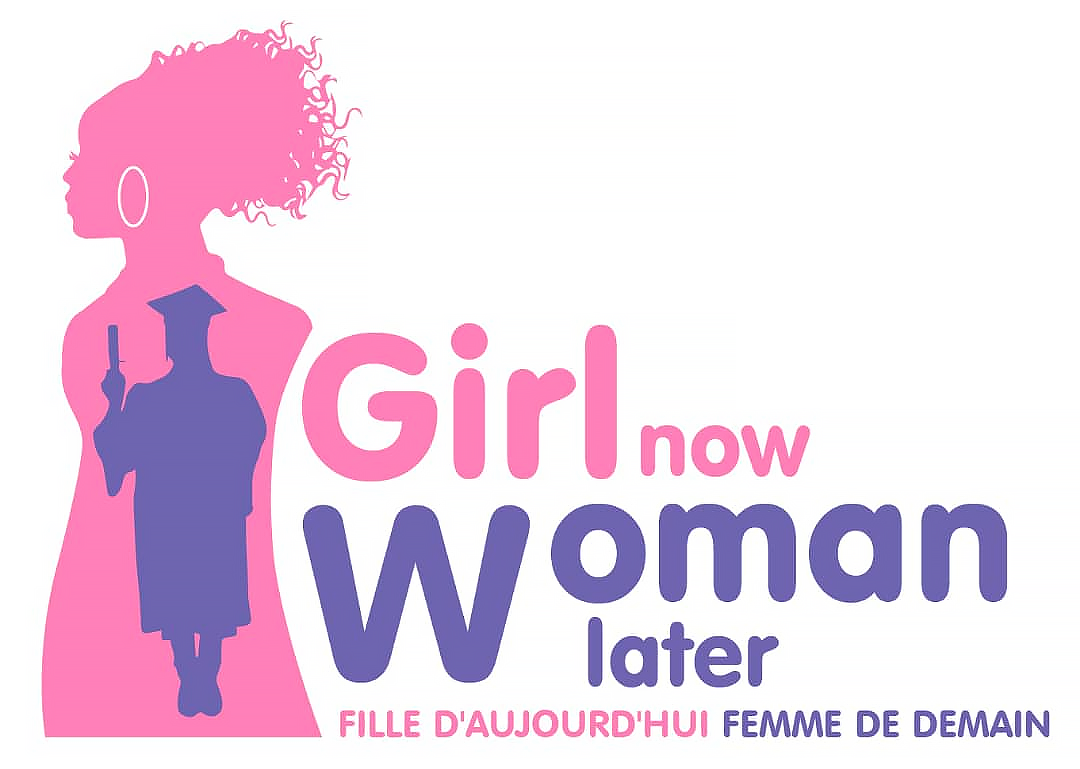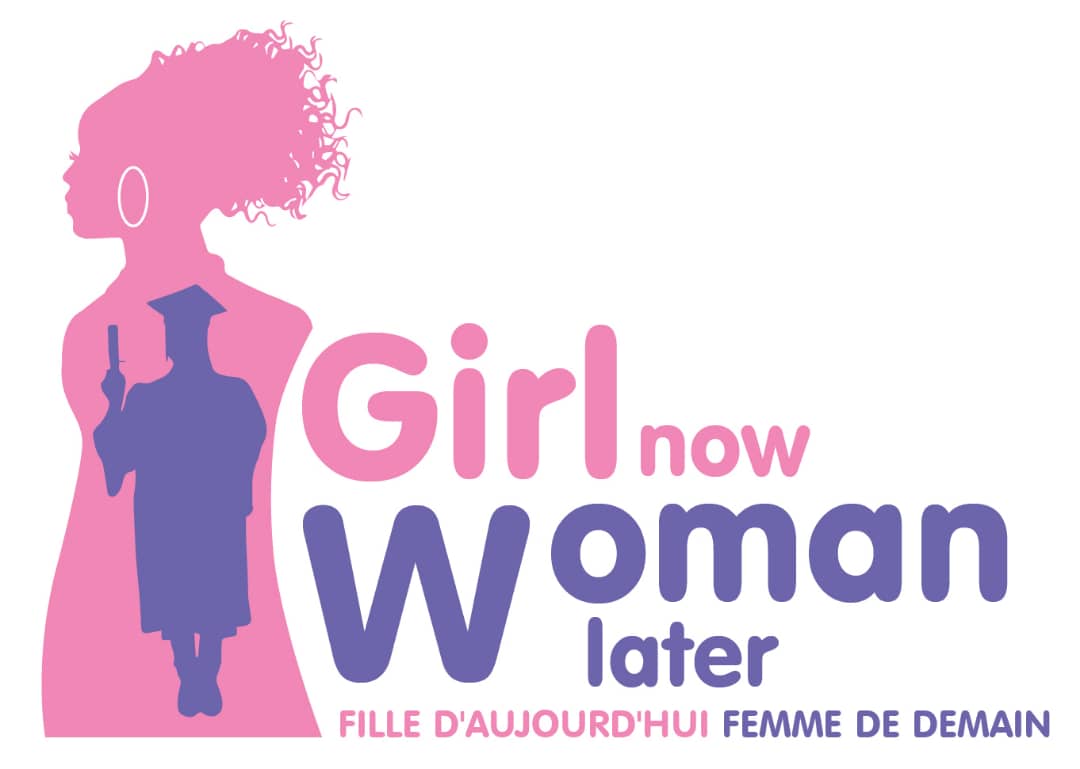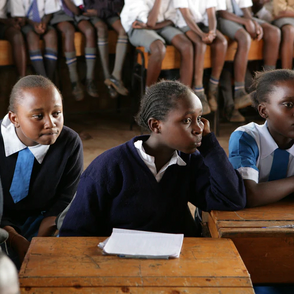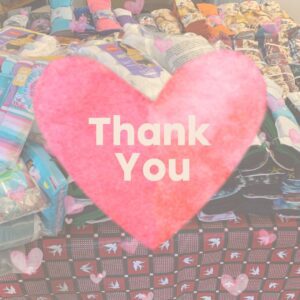In Burkina Faso, many young girls experience their menstruation cycle as a moment of shame,
and even worse, as a reason for dropping out of school. Although menstruation is a natural and
biological process, it is often stigmatized. Menstruation is a topic approached with hesitation due
to deeply rooted cultural taboos. One of Girl Now Woman Later’s missions is to help keep young girls in school by making sure menstruation isn’t a barrier to their schooling.
Menstrual hygiene is the set of actions, behaviors, and hygiene rules to be adopted during the period of menstruation in order to maintain health. The vast majority of young girls in Burkina Faso do not have the information they need to prepare for the onset of their first period.
Moving forward in 2021 and beyond, it is now the time to break the taboo around menstruation.
As the African proverb states, “For tomorrow belongs to the people who prepare for it today.”
Young girls need more information and education to better prepare for menstruation, so that they
can continue their studies without feeling ashamed.
To help these girls to prepare themselves better, we need to talk about having in place some
adequate structure or tools such as:
• Awareness: It is necessary to sensitize young girls (and even boys). This will hopefully (and eventually) ban all discriminatory behavior towards females and the stigma surrounding their
periods. Also, we can celebrate or recognize Menstrual Hygiene Day on not only May 28th, but also year-round. By lessening (and even eliminating) the stigma or taboo around menstruation, the more we can empower females rather than leave them in the dark about menstrual hygiene.
• The availability of drinking water/ access to clean well water: Schools must have water systems available at all times to allow young girls to go to the toilets to rinse and change during their periods. A majority of young girls in Burkina Faso prefer to leave their school to go home to manage their menstruation due to the lack of water.
• The adequate material to protect themselves: Not all young girls can afford disposable sanitary napkins. Some campaigns are teaching girls how to make their own pads or reusable towels.
Now is the time for us to help break the taboo around menstruation in Burkina Faso. Girl Now Woman Later wants to continue to raise awareness around the importance of good menstrual hygiene education for young women in Burkina Faso to help empower them to stay in school even during their periods.
Kanmouni Carine Farida
Translated by Bienvenue Konsimbo





